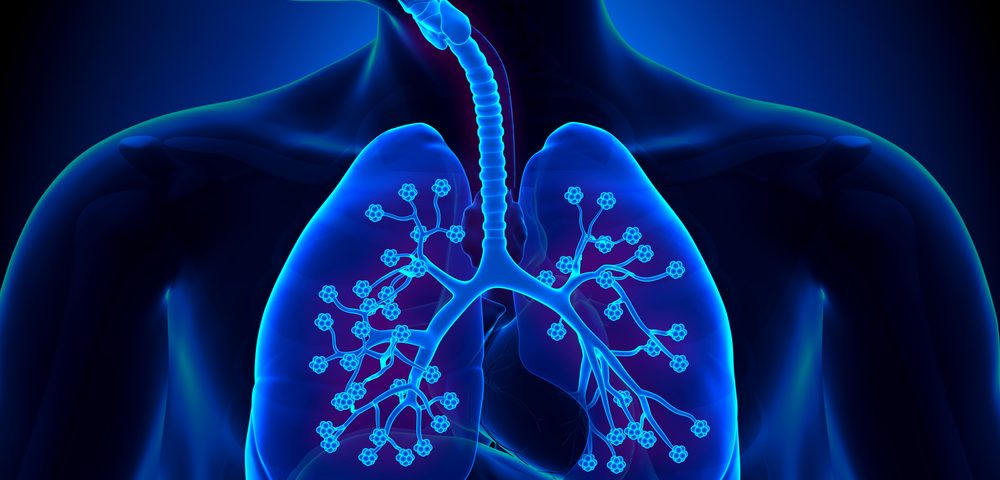Patients with non-small cell lung cancer or renal cell carcinoma treated with checkpoint inhibitor drugs targeting PD-1 more often develop pneumonitis — a specific type of lung inflammation — compared to melanoma patients.
The data emerged in an analysis of previously published studies exploring the treatment of the three cancer types with PD-1 blockers, and also revealed that combining PD-1 blocking drugs with other cancer treatments in melanoma patients increased the risk of this specific form of lung inflammation.
The study, “Incidence of Programmed Cell Death 1 Inhibitor–Related Pneumonitis in Patients With Advanced Cancer,” published in the journal JAMA Oncology, highlight the need for an increased awareness of the problem among clinicians, as well as research efforts to examine how the risk for the side effects of the treatment can be minimized.
Pneumonitis, which is a non-infectious inflammation of the walls of lung alveoli — the tiny sacs in the lungs where blood is oxygenated — is a rare but life-threatening side effect of treatment with checkpoint inhibitors targeting PD-1.
Researchers at Brigham and Women’s Hospital and Dana-Farber Cancer Institute searched databases for published studies of PD-1 treatment and found 20 studies of melanoma, non-small cell lung cancer, and renal cell carcinoma that held enough data to be included in the analysis. A total of 4,496 patients were included in the studies.
Among these patients, 2.7 percent had developed pneumonitis and 0.8 percent had grade 3 or more severe forms of the condition. Among lung cancer patients, the rates were higher; 4.1 percent had any grade of the lung inflammation and 1.8 percent had grade 3 or higher. Four lung cancer patients treated only with PD-1 blockers died from the pneumonitis.
In contrast, only 1.6 percent of melanoma patients developed pneumonitis and 0.2 had more severe forms of the disease. Kidney cancer patients also had higher rates of any grade pneumonitis than those with melanoma, but the proportion of patients with the most severe forms were the same.
Researchers also discovered that combination treatment of melanoma was linked to higher rates of the lung condition; 6.6 percent versus 1.6 percent for treatment with PD-1 blockers when looking at all grade pneumonitis, and 1.5 percent versus 0.2 percent for grade 3 or higher. One patient receiving combination treatment died from pneumonitis.
Together, the findings contribute to an enhanced awareness among clinicians regarding the effects of PD-1 inhibitors and strongly suggest that additional studies are needed to address these effects and meet patients’ clinical needs.


